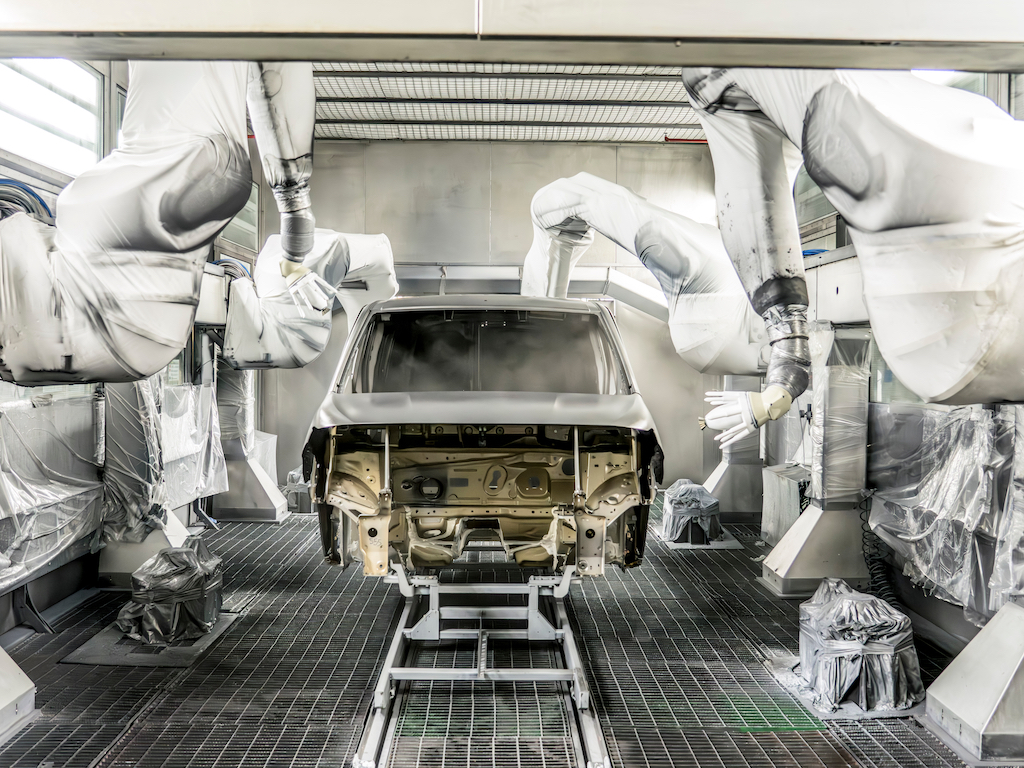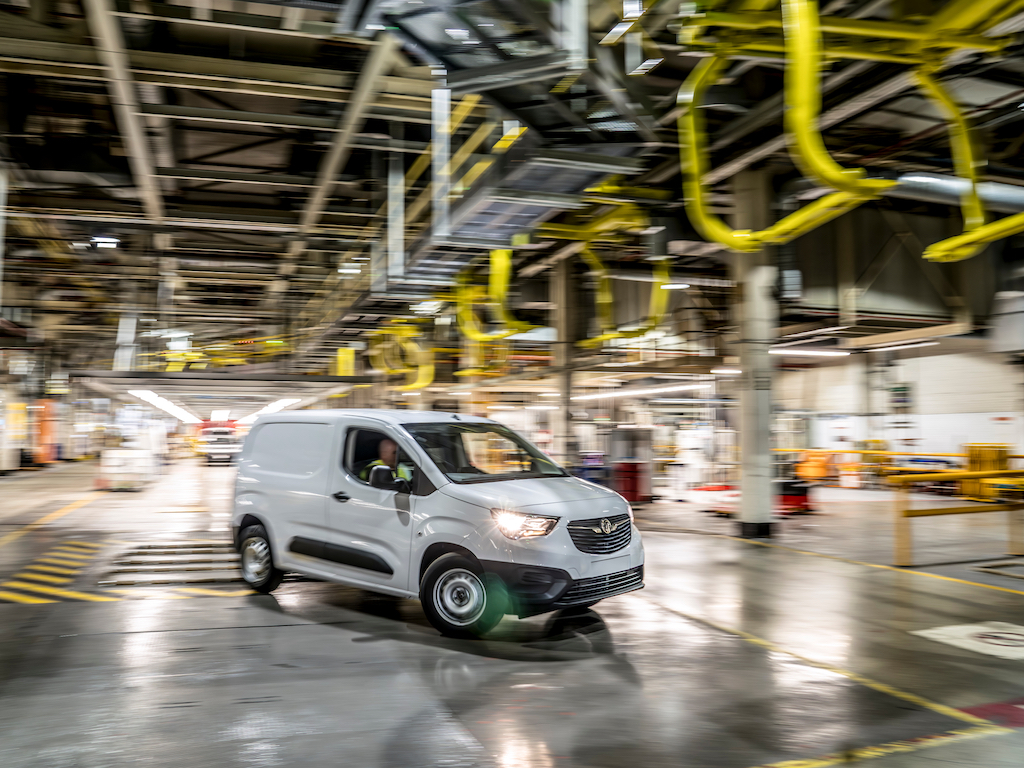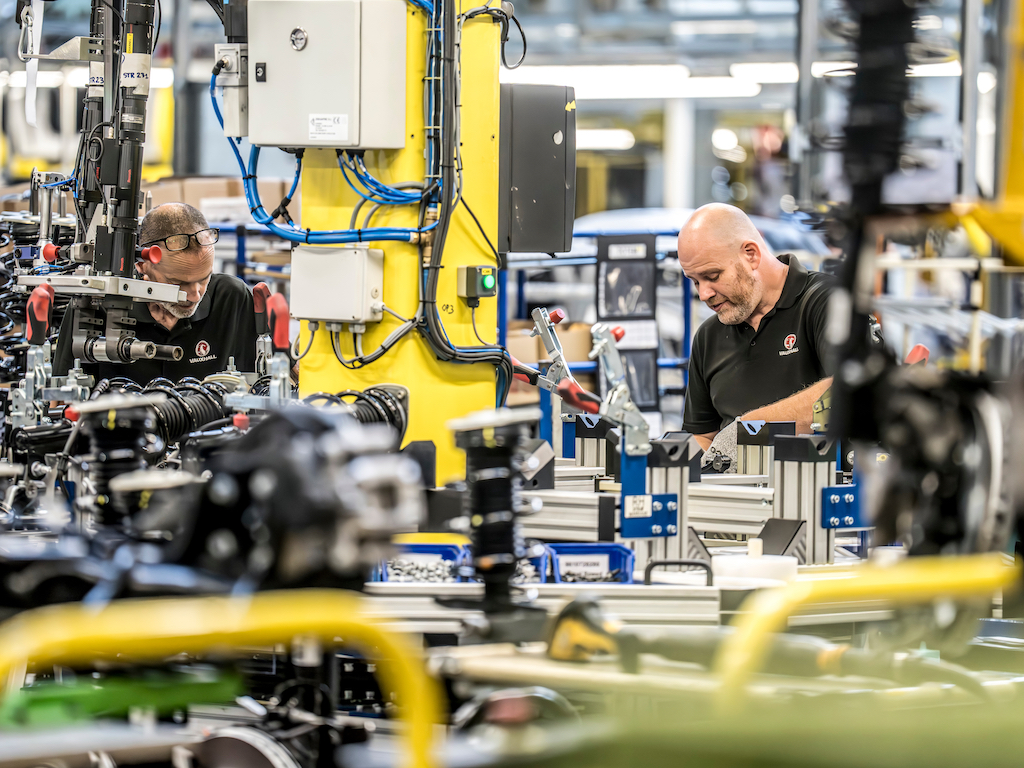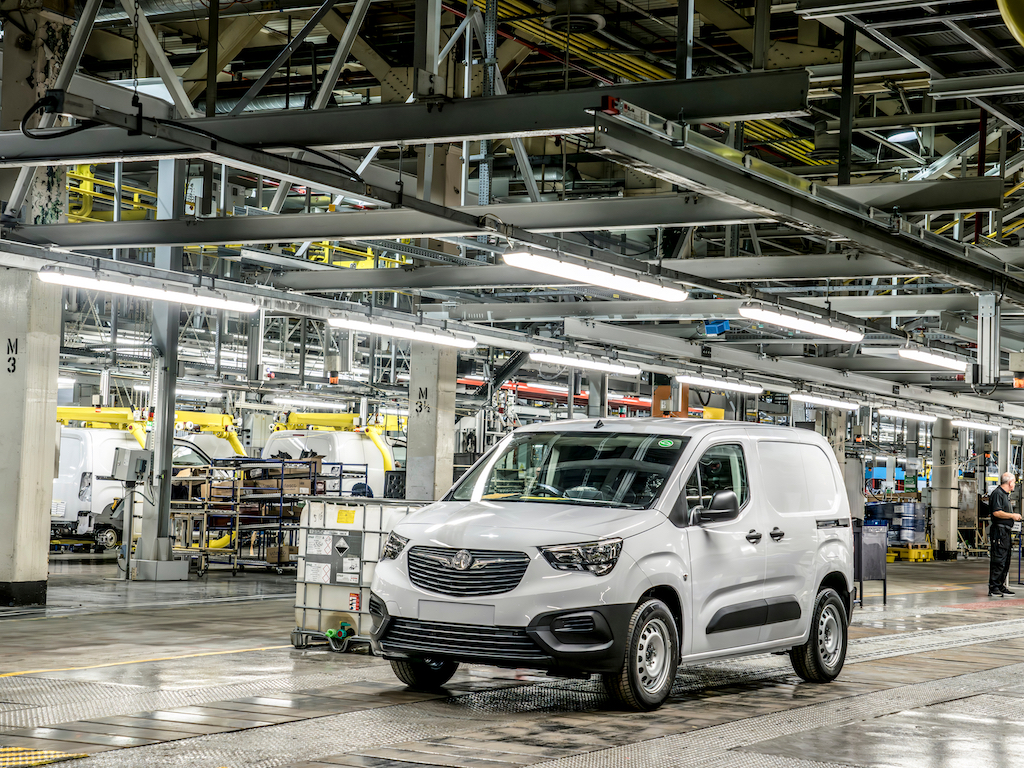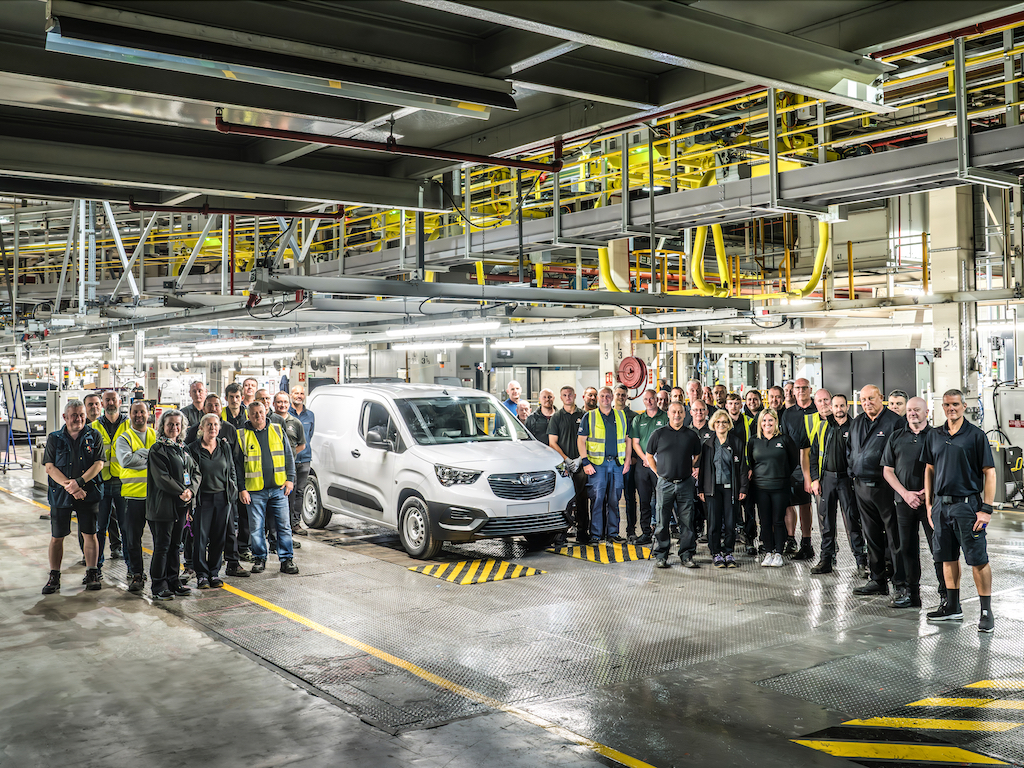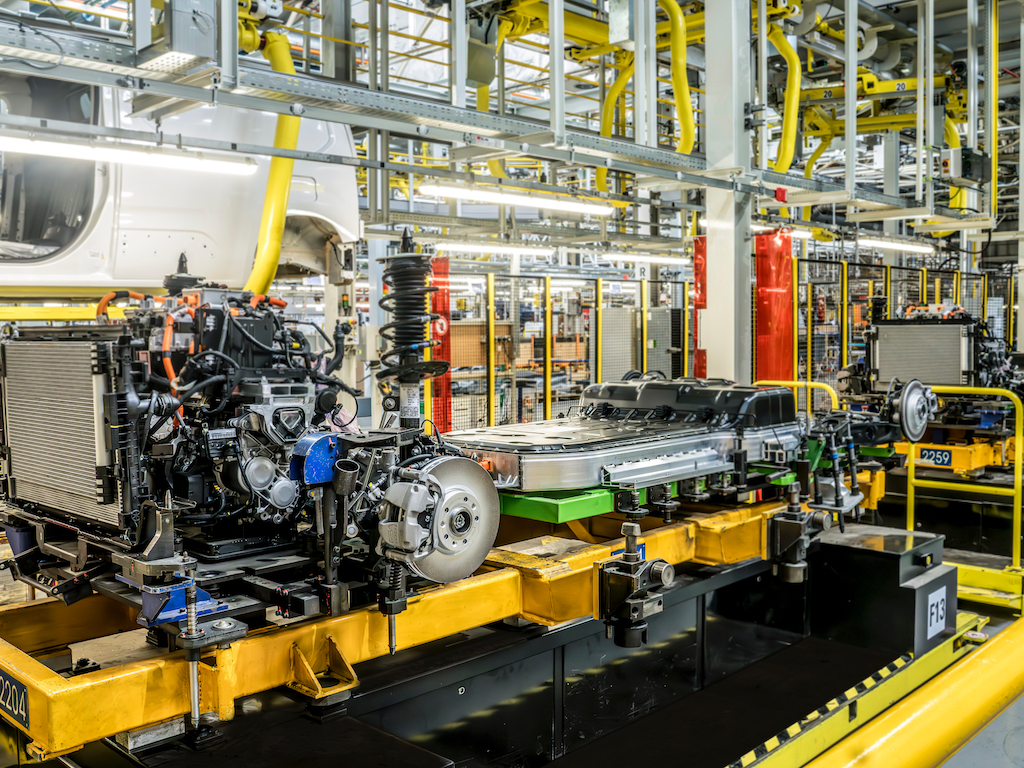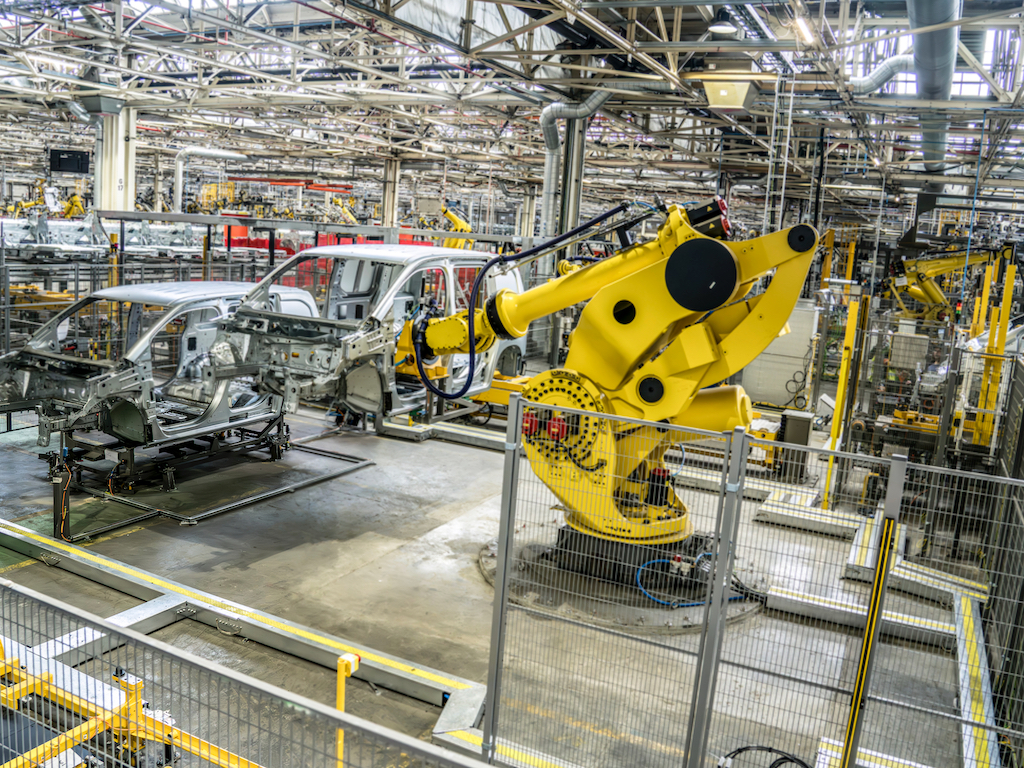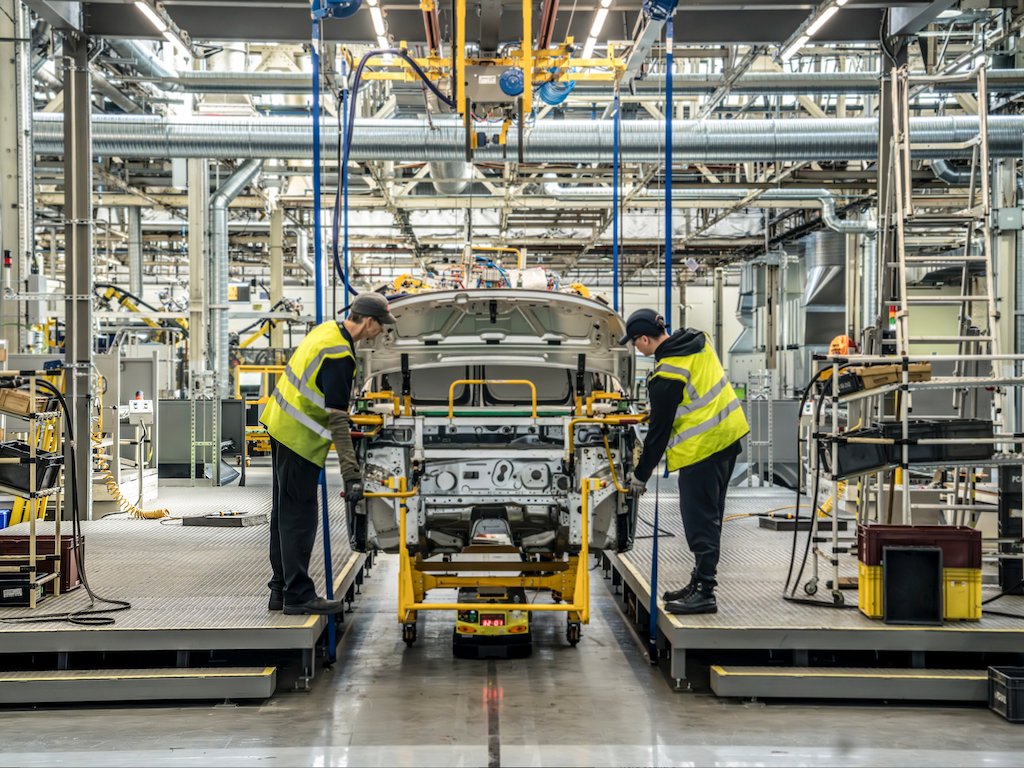Stellantis reopens Ellesmere Port as UK’s first EV-only manufacturing plant
Stellantis has relaunched its Ellesmere Port plant into the UK’s first manufacturing plant dedicated solely to battery electric vehicles (BEVs) – and the first BEV-only plant globally for the Stellantis group.
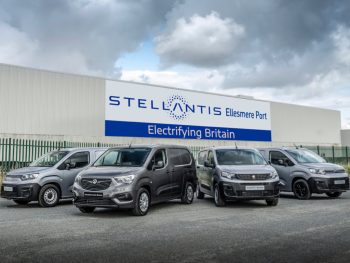
The plant will now produce the Vauxhall/Opel Combo Electric, Peugeot e-Partner, Citroën ë-Berlingo and Fiat E-Doblò
Officially reopened today (7 September 2023) following a £100m (€117.6m) investment, the regenerated site now will produce a number of small electric vans and the passenger car variants for Stellantis’ various brands.
First opened in 1962 and home to the Vauxhall Astra from 1981 until 2022, the Cheshire plant will now produce the Vauxhall/Opel Combo Electric, Peugeot e-Partner and Citroën ë-Berlingo sister models, as announced in 2021.
Stellantis has also now revealed that the Fiat E-Doblò will also be produced at the plant, due to increased demand for electric vehicles across Europe.
These will be joined in 2024 by the Vauxhall Combo Life Electric, Peugeot e-Rifter and Citroën ë-Berlingo MPVs.
Business and Trade Secretary Kemi Badenoch said the launch was “a very visible demonstration that this Government has got the right plan for the UK’s automotive sector”.
She added: “Alongside recent investments from other major vehicle manufacturers, we are ensuring the UK remains at the forefront of automotive innovation as well as securing jobs in this critical industry and its wider supply chain.”
Diane Miller, Plant Director, Ellesmere Port, said: “The start of electric vehicle production at Ellesmere Port signals a bright future for the plant, ensuring it will continue to manufacture vehicles for many years to come. With Vauxhall’s long history of UK manufacturing, it’s especially fitting that the first electric model to roll off Ellesmere Port’s production line is a Combo Electric. Whilst the welcome addition of the Fiat E-Doblò to the plant is a positive reflection of increasing electric vehicle demand.
“Stellantis is committed to working with the Government to ensure the UK automotive industry remains competitive for producing electric vehicles for the long-term.”
- If the rules go ahead as originally planned, EVs traded both ways would be subject to a 10% tariff – pushing up prices and making both UK and EU OEMs uncompetitive in each other’s markets
Ellesmere’s transformation for EV production includes the addition of a battery assembly shop, an upgraded general assembly and relocation of the bodyshop. The total site area is down by some 60% and is now a similar size to the previous bodyshop, enhancing energy efficiency and productivity.
A new test track has also been built and a new parts distribution warehouse is in construction and due to become fully operational in early 2024.
The plant upgrade is also part of the Stellantis commitment to halve its carbon footprint by 2030, based on 2021 data, and to become a carbon-neutral firm globally by 2038.
Sustainability improvements include the arrival of a new, more energy-efficient ‘4-wet’ paint application process, while a localised CHP (combined heat and power) plant is also being installed to generate electricity onsite to cut emissions.
In the longer term, the plant is planned to run on solar and wind power as well as connect to the HyNet North West Hydrogen Pipeline.
The rebirth of Ellesmere Port continues Vauxhall’s tradition of manufacturing vehicles in the UK, which started in 1903. It also means that Vauxhall, Peugeot, Citroën and Fiat are the only mainstream automotive brands to currently make vans in Britain; all four continue to make vans at the Stellantis factory in Luton, which has been operating since 1905.

